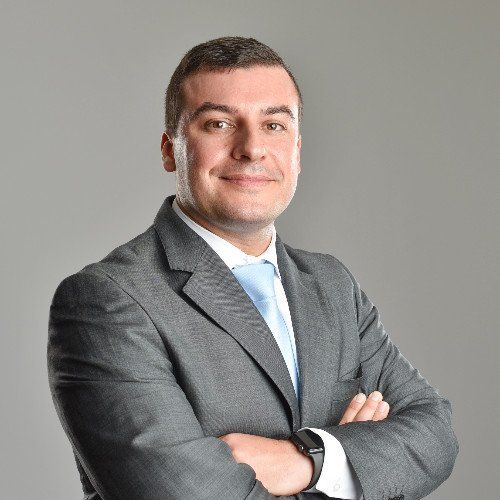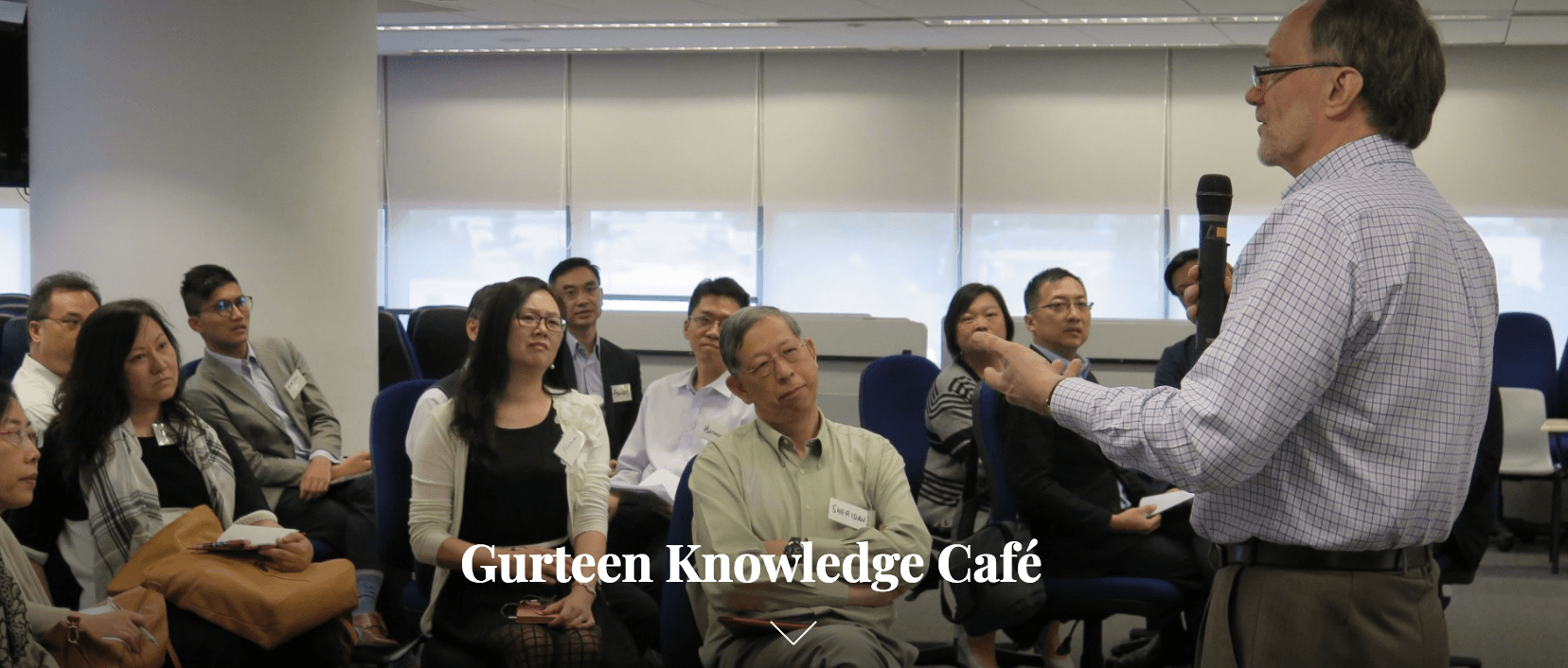Agenda
Panoramic talks
A national debate from a higher perspective12 September 2019
Tobacco control and risk reduction: what are the options?
Searching for the truth about nicotine and the new tobacco products
"There's a lot of debate in public health over whether harm reduction is a good way to think about tobacco. Regardless of where public health professionals fall in that debate, people need to be able to trust public health institutions as resources for information—including information about the relative harms of these products."
Rachelle Annechino, Pacific Institute for Research and Evaluation
Challenge
The debate among public health professionals over approaches to tobacco and nicotine regulation has intensified with the appearance of electronic cigarettes (or e-cigarettes) and tobacco heat-not-burn products.
Medical Express reports recent research by Rachelle Annechino and Tamar Antin from the Pacific Institute for Research and Evaluation (PIRE) that explores this debate in a seminal article - "Truth Telling about Tobacco and Nicotine".
Although there is agreement in the research community about evidence that vaping can be less harmful than combustible cigarettes, the tobacco control agencies remain divided about how to communicate—or even whether to communicate—information about the relative risks of tobacco and nicotine products.
The lack of widespread accurate and comprehensive information available to the public has very serious consequences. Without informational access, people affected by the debate are often misinformed about the topic. That means that they can neither make informed choices to reduce risks to their health nor make helpful recommendations as participants in community policy making.
Research conducted by Annechino and Antin suggests that people affected by smoking disparities want accurate and comprehensive information about the differential harms of tobacco and nicotine replacement products and are dismayed by current public health campaigns.
-
Luis Saboga Nunes
Reach outSmoking Cessation & Public Health Professor, Founder of www.parar.net (HONcode certified)
-
Harry Shapiro
Reach outHarry Shapiro is a British author and journalist who has written widely on drugs and drug abuse.
-
Manuel Pais Clemente
ButtonPresides over the Portuguese Voice Institute and the Tobacco Prevention Council
-
José Robalo
Reach outPresident of Alentejo Health Region
(picture from Radio Campanario)
-
Manuel Cardoso
Reach outSICAD Deputy General-Director
-
Maria do Céu Machado
Reach outPresident of INFARMED
Facing the facts
Tobacco consumption is the most significant cause of premature death in the EU, according to the European Commission, causing nearly 700,000 casualties every year.
In terms of regulation globally, countries have signed the World Health Organisation’s FCTC. At the EU level, the member states have adopted a Tobacco Product Directive (TPD), whose latest version has strengthened rules against tobacco smoking and advertising.
The number of smokers in the EU is still high, despite the progress made with the Tobacco Product Directive. As of today, 26% of the overall population and 29% of young Europeans aged 15-24 are regular smokers.
Control measures such as tobacco taxation or advertising bans are steps in the right direction but are not enough. According to activist Laurent Huber from Action on Smoking & Health (ASH) “governments should also consider phasing out the sale of commercial cigarettes within a reasonable period of time and not allow the tobacco industry to hijack the ‘smoke-free future’ debate.” (source: Euroactiv)
Public health activists believe that following the increasing global push against smoking, the tobacco industry has now changed its rhetoric and turned to electronic cigarettes and other novel tobacco products as alternatives to traditional smoking.
Advocates of the so-called “next generation products” insist they are much less harmful than smoking, considering that they are non-tobacco products that can deliver nicotine to smokers. They also refer to studies that say these products can help smokers kick the habit completely. But the European Commission and the WHO do not share this view. Particularly, the EU executive has even compared electronic cigarettes to poison and, for this reason, has been accused of ignoring science on the matter. (source: Euroactiv)
Questions for debate
While it has now become universally accepted within the EU that harm reduction is a necessary and effective approach in reducing the adverse health consequences of recreational drug use, there is a lot of resistance in accepting a similar approach for smoking, why? What causes this resistance?
When proposing EU governments to totally ban tobacco consumption due to healthcare as a human right, then the same should be applied to alcohol which has a much higher and dramatic effect in terms of healthcare costs. Why should we be fighting tobacco separately from other harmful habits, which are likely to be genetically associated?
Is it reasonable to envision the future of our civilisation based on governmental regimes that enforce prohibition rather than striving to proactively reduce healthcare risks in the population and providing clear guidance for individuals to make better and more informed choices concerning their human rights to health?
Agenda
12 September, Training Center of Centro Hospitalar Psiquiátrico de Lisboa
A round table discussion about harm reduction and nicotine consumption and other licit drugs with Maggi Morris (former Executive Director of Public Health at NHS Central Lancashire), Rui Minhós (Director Regulatory & Scientific Affairs, Tabaqueira SA) and other guest speakers.
About the moderator
The Framework Convention on Tobacco Control (FCTC) requires all Parties, when debating on public health policies related to tobacco control, to protect the formulation and implementation of such policies from the commercial interests and other interests of the industry tobacco in accordance with national legislation.
Article 53 of the FCTC stipulates that when interactions with the tobacco industry are necessary, Parties should ensure that they are conducted in a transparent and accountable manner and that any preferential treatment of the tobacco industry would be in conflict with tobacco control policies.
For this reason, the entities that organise this initiative - Forum Hospital do Futuro
and col.lab | collaboration laboratory
do not get any sponsorship from the Tobacco industry and absolutely no commercial interests are being represented, in the past, in the present nor in the future.
However, as an independent and IAF (TM) certified professional facilitator
my fees and expenses in the preparatory and actual work to moderate this national debate "Portugal sem Fumo" are charged to and paid by Philip Morris International's whose local subsidiary in Portugal. Tabaqueira SA, has kindly invited me for this challenge which I have individually accepted with a number of conditions as follows.
- This meeting will take the form of a transparent, informed and informative debate on ways to improve the lives of smokers and of those around them using risk reduction in tobacco and/or nicotine products including complete cessation.
- It will be a closed door session with participants from other research units and local agencies related to smoke addiction as well as other stakeholders.
- As a group, we will be looking at scientific studies, research and innovation in a non-branded and non-commercial way.
- The involvement of tobacco companies and other funding bodies is limited to my individual financial support that enables the realisation of these debates, but, by contract they have no authority of who I invite or what is said during the debates nor the conclusions that can be reached.
I have reasons to believe in the strict adherence to these rules, because only recently the Portuguese parliament hosted a debate sponsored by local PMI affiliate where the Director General for Health, representing the Minister, as well as the Sub-director for the national addictions centre and numerous MPs and other stakeholders took part, with no fallout or conditioning because of this.
Lisbon, 31 January 2019
Related Projects & Resources
Portugal sem Fumo
is an independent public debate organised by col.lab | collaboration laboratory, a spin-off from the editorial work of Paulo Nunes de Abreu, aka Paul Nunesdea, IAF
(TM) Certified Professional Facilitator and co-founder of the
Fórum Hospital do Futuro.
Follow Us
"Be brave enough to start conversations that matter and shift the direction of change for the better."
col.lab | collaboration laboratory is a spin-off from the book series " Architecting Collaboration " and our privacy policy can be consulted here
My Meeting Support is an event services brand by col.lab | collaboration laboratory











































